Learning Loss is Real! Now What?
For the multiple decades that I have been an educator and even before, we have
Read More
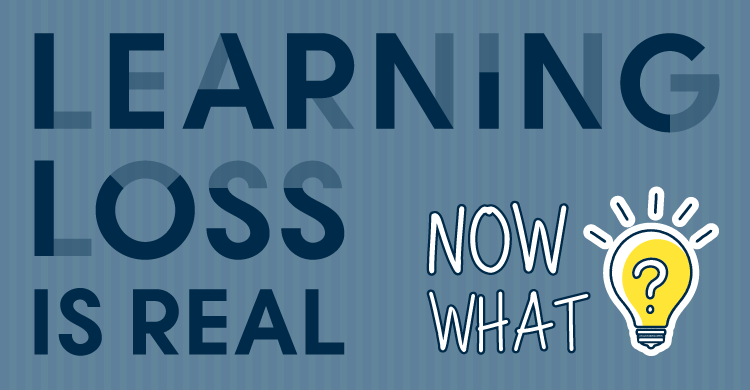
For the multiple decades that I have been an educator and even before, we have
Read More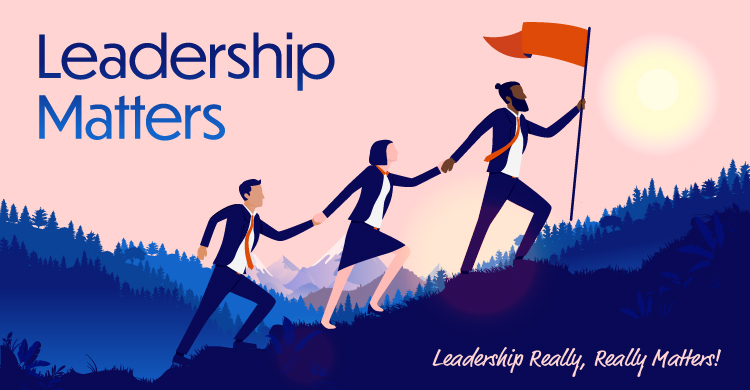
We all know that teachers are the most impactful factor contributing to student achievement. No
Read More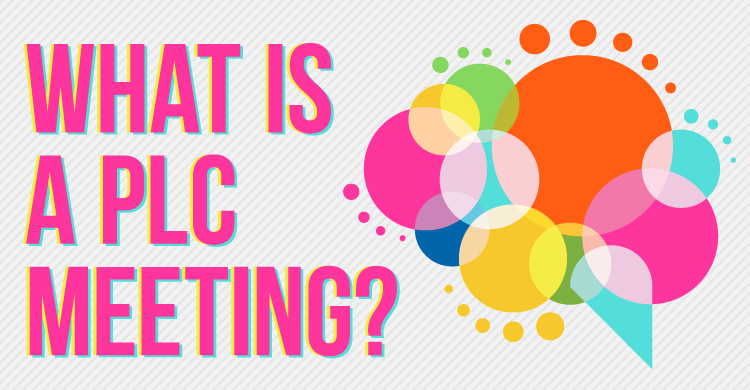
PLC is not a meeting. It’s a way of being! As I work with schools
Read More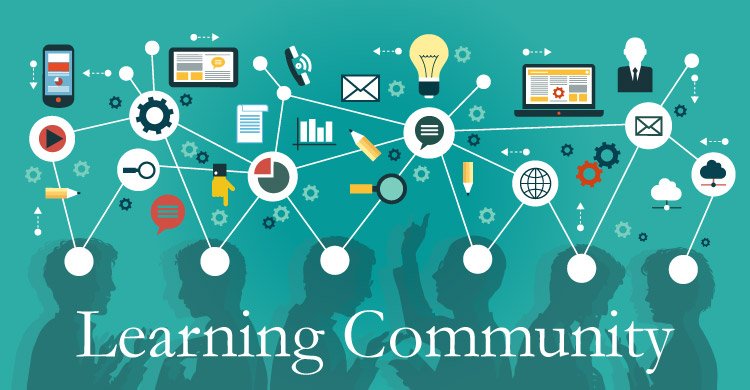
What If Our Actions Spoke Louder Than Our Words? I have been a student of
Read More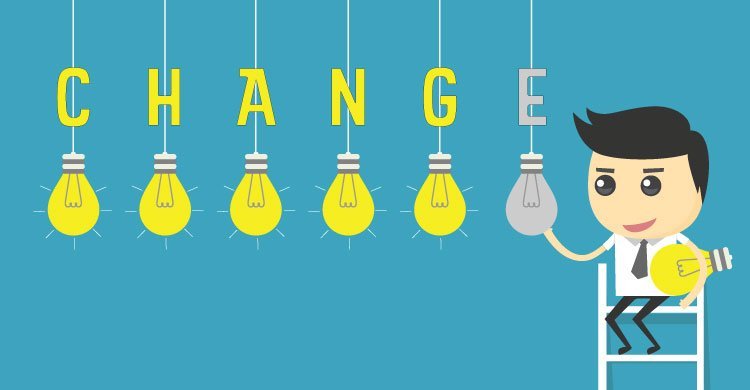
I have the good fortune of working with teachers and administrators across the nation and
Read More